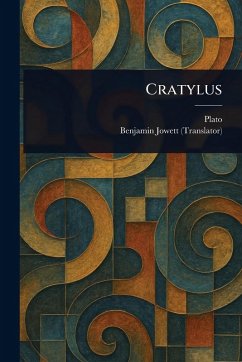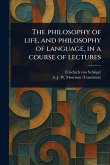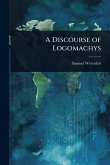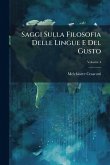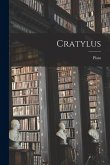Explore the profound connection between words and reality in Plato's "Cratylus," a cornerstone of ancient philosophy and the philosophy of language. This dialogue, featuring Socrates, delves into the etymology of words and the fundamental question of whether language is a matter of convention or reflects an inherent truth. Plato's exploration of linguistics tackles the nature of names and their relationship to the objects they represent. Is there a 'correctness' embedded in language itself, or is meaning simply assigned? "Cratylus" offers a timeless examination of these questions, inviting readers to consider the power and limitations of language. A foundational text in the history of philosophy, this meticulously prepared edition offers a deep dive into Plato's thoughts on language, meaning, and the very nature of knowledge. Engage with the enduring debates that continue to shape our understanding of communication and the world around us. This work has been selected by scholars as being culturally important, and is part of the knowledge base of civilization as we know it. This work is in the public domain in the United States of America, and possibly other nations. Within the United States, you may freely copy and distribute this work, as no entity (individual or corporate) has a copyright on the body of the work. Scholars believe, and we concur, that this work is important enough to be preserved, reproduced, and made generally available to the public. We appreciate your support of the preservation process, and thank you for being an important part of keeping this knowledge alive and relevant.
Bitte wählen Sie Ihr Anliegen aus.
Rechnungen
Retourenschein anfordern
Bestellstatus
Storno

